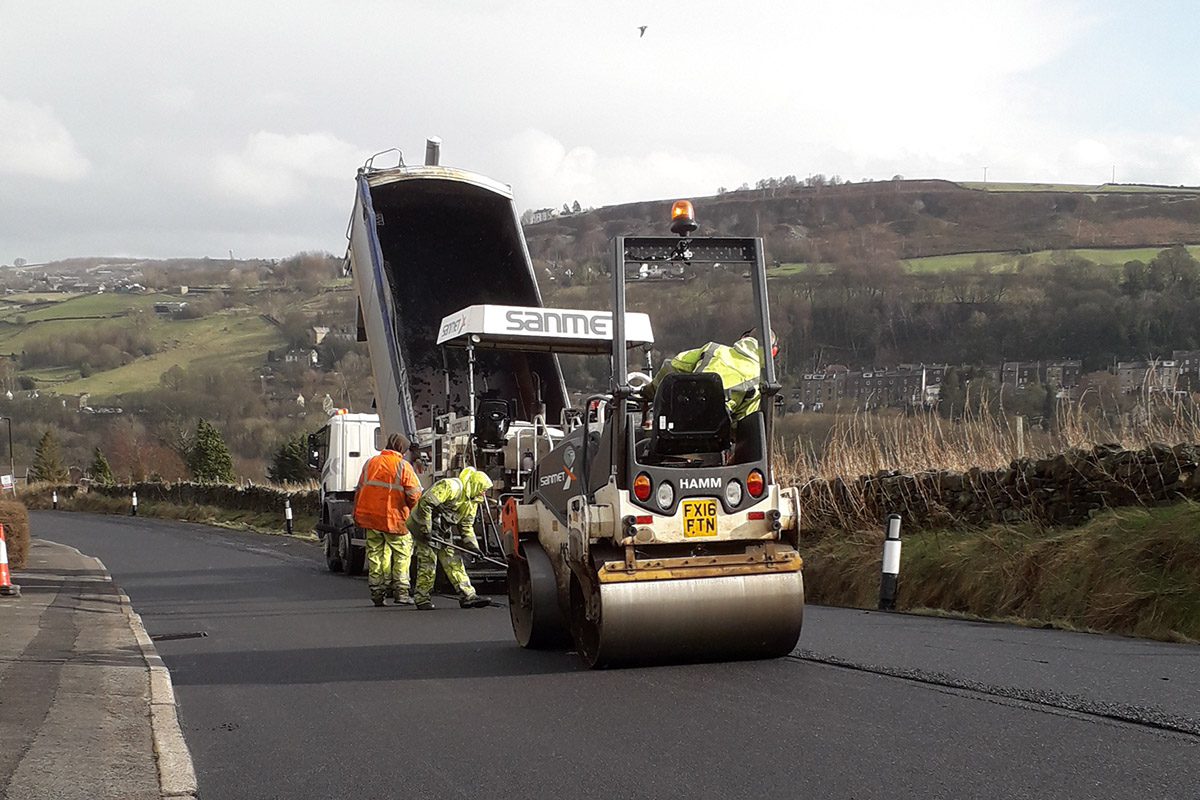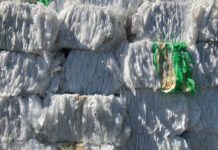
Bradford Council has worked with waste plastic road company MacRebur to become the first local authority in the region to specify road surfacing material that contains recycled plastic.
Based in Lockerbie, MacRebur has been processing waste plastics otherwise destined for landfill or incineration since 2016. The resulting granules or flakes reduce the volume of bitumen (fossil fuel) in the asphalt mix, whilst enhancing the bitumen as an aggregate binder.
The first projects are due to be completed later this month, laying over 2,000 tonnes of asphalt containing around 10 tonnes of recycled plastic.
MacRebur’s director of operations, Gordon Reid, said: “I am delighted Bradford can introduce our product into its road resurfacing schemes. For every tonne of asphalt laid, 5kg of waste plastic is saved from landfill or incineration with an average saving of 7.75kg of carbon dioxide equivalent (CO2e) per tonne.”
In addition to this, 95% of every tonne of asphalt produced will be made up of steel slag, a by-product of the steel making process, thus eliminating the need for quarried aggregate.
Lee Birkbeck, regional commercial director at asphalt contractor SteelPhalt, said: “We have worked closely with MacRebur over the last couple of years and we are now able to offer asphalt products that will help customers to decarbonise and meet their climate change targets. Bradford Council is the first highway authority to specify this particular range of asphalt for local road resurfacing which should deliver notable benefits to its communities and the environment.”
Councillor Alex Ross-Shaw, portfolio holder for Regeneration, Planning and Transport at Bradford Council, said: “We have a duty to reduce waste and tackle climate change which is having a devastating effect on our planet. Using this innovative product from MacRebur is a positive step in terms of decarbonising our operations. We will continue to work with suppliers and contractors to ensure that using materials like this becomes standard practice.”







